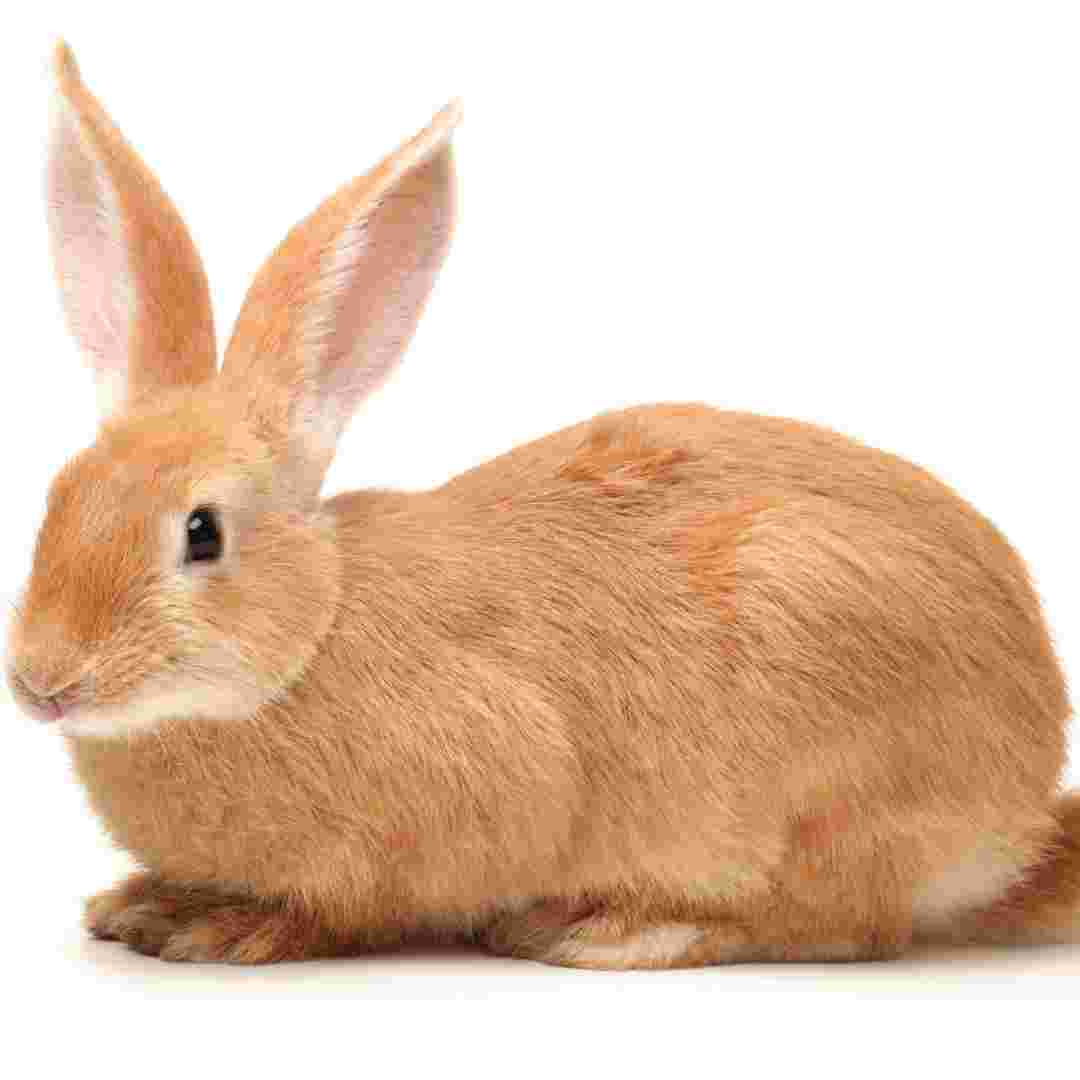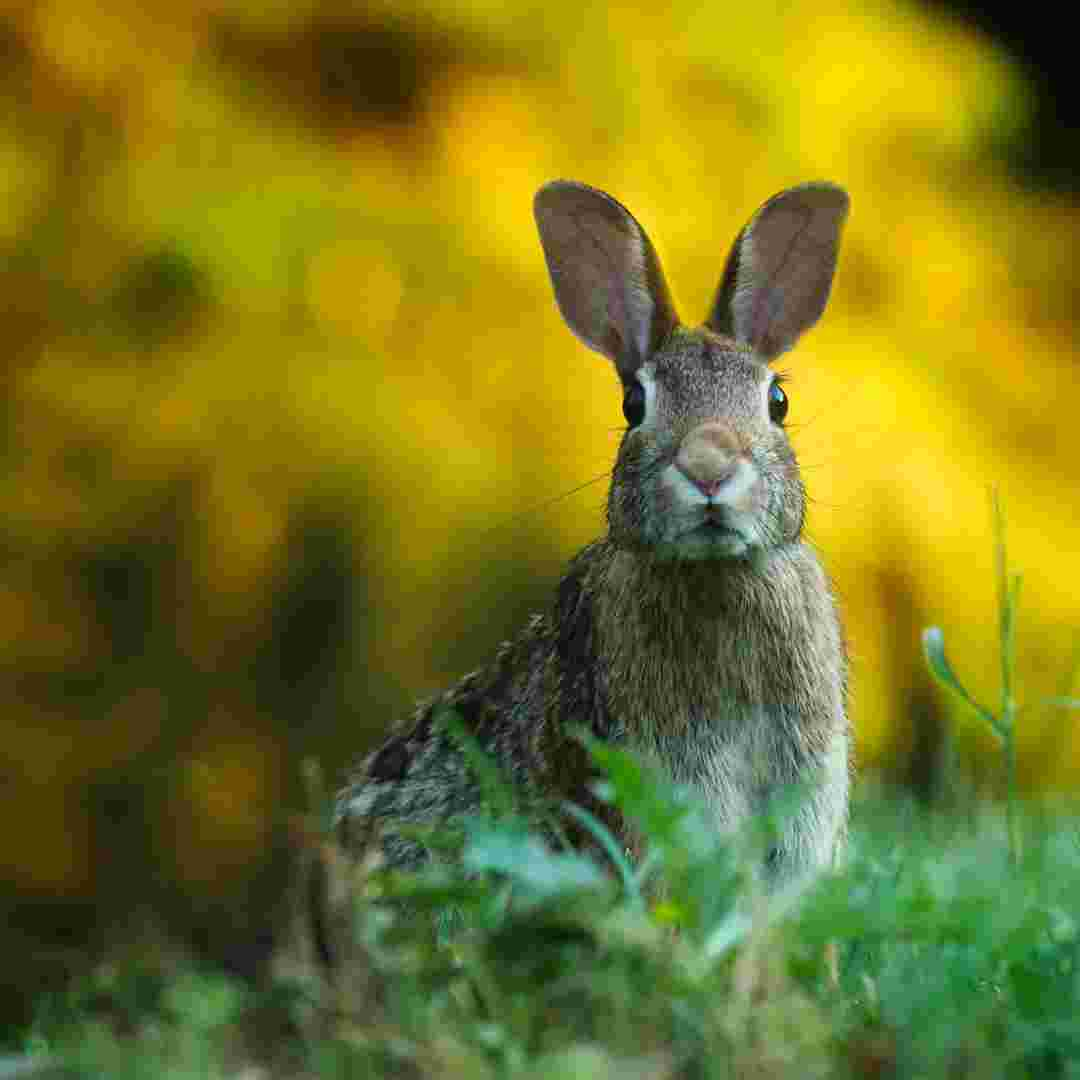Contents Table
Introduction
How to Make a Healthy Rabbit Diet
Benefits of Feeding Your Rabbit High-Fiber Diet
Introducing New Foods to Your Rabbit
Tips to Avoid Rabbit Overfeeding
Rabbit Treat Overfeeding Dangers
Q&A
Conclusion
Introduction
Your overweight rabbit needs a diet to stay healthy. A rabbit's diet should include fresh veggies, hay, and a few pellets. Keep track of your rabbit's weight and diet. This advice will help you diet your rabbit and keep them healthy.
How to Make a Healthy Rabbit Diet
Your rabbit needs a good diet to stay healthy. Herbivore rabbits need a high-fiber, low-fat, protein diet. Hay, fresh veggies, plus a few pellets make a healthy meal.
Hay should be your rabbit's main food. It should always be available and high-quality. Timothy hay is preferable because it's high in fibre and low in protein and fat. It also protects rabbit teeth.
Feeding your rabbit fresh veggies is the second most important part. Kale, spinach, and romaine lettuce are beneficial. You can also serve carrots, celery, and bell peppers. Due to their sugar and calorie content, they should be administered sparingly.
Finally, give a few pellets. Make them high-fiber, low-protein. Seeds, nuts, and dried fruit are heavy in fat and sugar, so avoid them.
Remember that rabbits are grazers and need food all day. Give pellets in the afternoon and hay and veggies in the morning and evening.
Weight monitoring and nutrition adjustments are equally vital for rabbits. Reduce pellets and add grass and veggies for overweight rabbits. If your rabbit is underweight, add pellets and reduce hay and veggies.
These suggestions might help you feed your rabbit a nutritious diet for its general health.
Benefits of Feeding Your Rabbit High-Fiber Diet
Rabbit health depends on a high-fiber diet. Since rabbits are herbivores, their digestive tracts are built to process fibre. Low-fiber diets can cause digestive, weight, and dental concerns.
Rabbits need fibre for digestion. It maintains digestive health and avoids bloating, constipation, and diarrhoea. Fibre helps balance gut bacteria, which is crucial for health.
Rabbits can avoid obesity with a high-fiber diet. Fibre helps rabbits feel full longer, preventing overeating. Fibre slows sugar absorption, preventing blood sugar rises.
Finally, rabbits can avoid dental issues with a high-fiber diet. Fibrous diets help rabbits avoid overgrowth and other dental disorders by wearing down their teeth.
In conclusion, rabbits need a high-fiber diet for good health. Diets high in fibre can avoid digestion, weight, and dental concerns.
Introducing New Foods to Your Rabbit
A balanced and healthful rabbit diet requires adding new items. Rabbits are herbivores and should eat hay, fresh vegetables, and a few pellets. There are other foods they can eat to give nutrients and diversity.
Slowly introduce new foods to your rabbit's diet. Give your rabbit a little of the new food and watch its reaction. You can progressively increase the amount if they like it. If your rabbit doesn't enjoy the new food, stop feeding it.
You should also make sure new rabbit foods are safe. Sugar, salt, and fat are unhealthy for rabbits. Also, avoid offering your rabbit poisonous foods like onions, garlic, and chocolate.
Finally, feed your rabbit a variety of fresh veggies and hay. They'll get all the nutrients they need to stay healthy. Provide a variety of items to keep your rabbit interested in their diet and prevent boredom.
These recommendations will help you feed your rabbit a balanced, nutritious diet with different items. This will keep your rabbit healthy and happy for years.
Tips to Avoid Rabbit Overfeeding
1. Check your rabbit's weight: A healthy rabbit has a waistline and firm tummy. If your rabbit is overweight, feed them less.
2. Provide your rabbit with hay, fresh veggies, and a tiny amount of pellets. Avoid giving your rabbit too many sweets.
3. Feed your rabbit twice daily, in the morning and evening. This will control their appetite and prevent overeating.
4. Don't overfeed: If your rabbit isn't eating, don't offer them extra. This will prevent obesity.
5. Ensure your rabbit always receives fresh, clean water. This will avoid dehydration and overeating.
6. Exercise your rabbit: Exercise helps avoid obesity and improves their health. Give your rabbit room to run and play.
7. Watch your rabbit's behaviour: If your rabbit is overeating, such as lethargy or excessive grooming, lower their food intake.
Rabbit Treat Overfeeding Dangers
As cherished pets, rabbits might be tempted to receive gifts for good behaviour or attention. Treats can help you bond with your rabbit, but too much can be harmful.
Rabbits should eat hay, fresh vegetables, and a few pellets as herbivores. Treats are high in sugar and fat and can create digestive troubles, so limit their intake. Too many snacks can create obesity, which can cause heart disease, arthritis, and even death.
In addition, snacks can damage teeth. Rabbit teeth grow continuously, so they eat hay and other fibrous things to wear them down. Too many treats can cause tooth overgrowth, making eating difficult and infection possible.
Finally, treats can affect behaviour. If your rabbit is habituated to goodies, they may misbehave. This might make training them tough and frustrate you and your pet.
Remember to provide goodies moderately. Give your rabbit a special toy or additional time outside their cage to reward them. This will ensure their long-term health and happiness.

Q&A
1. How much should I feed my rabbit?
A: Rabbit food should be proportional to growth and activity. The average healthy adult rabbit needs 1/4 cup of pellets per 5 pounds per day.
2. What should I feed my rabbit?
A: Rabbits need hay, fresh veggies, and a little pellets. Hay should be their main food, with fresh veggies and pellets in the balance.
3. How often should I feed my rabbit?
A: Rabbits need morning and evening meals.
4. What to do if my rabbit is overweight?
A: Overweight rabbits should eat less and exercise more. Change to a lower-calorie pellet and offer them fewer goodies.
5. What healthful treats can I give my rabbit?
A: Fresh carrots, celery, and bell peppers are healthful rabbit treats. Apples, bananas, and strawberries can be given in tiny amounts.
Conclusion
It takes patience and determination to diet a rabbit. Rabbits need hay, fresh veggies, and a little pellets. Also, watch the rabbit's weight and alter the feed. Finally, rabbits need lots of exercise and enrichment to stay healthy. The appropriate nutrition and attention may keep a rabbit healthy and happy for years.
